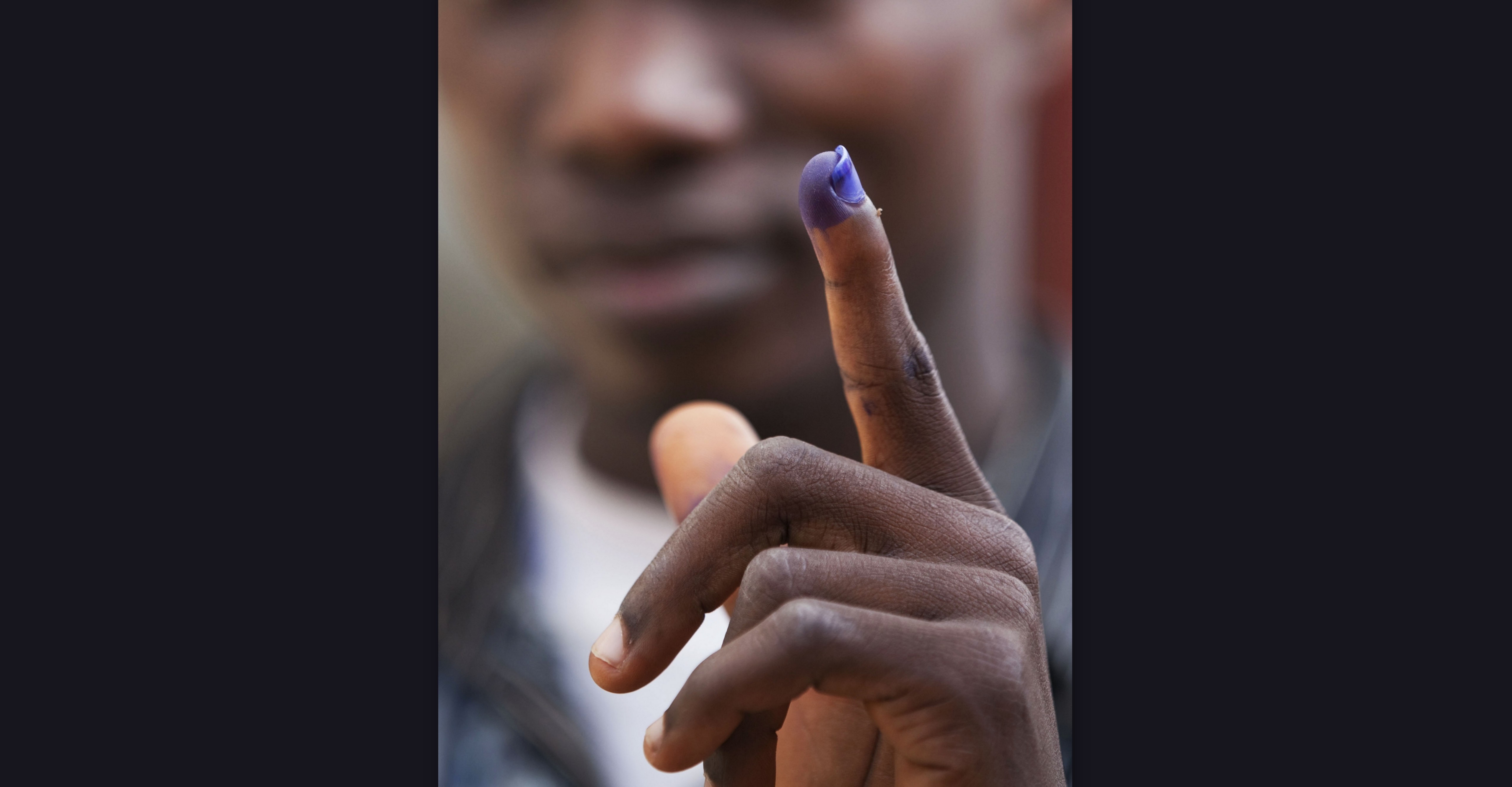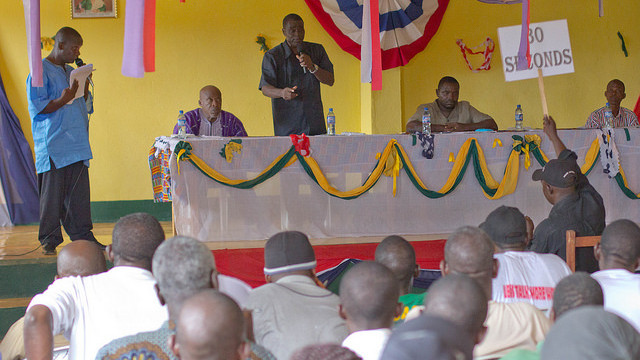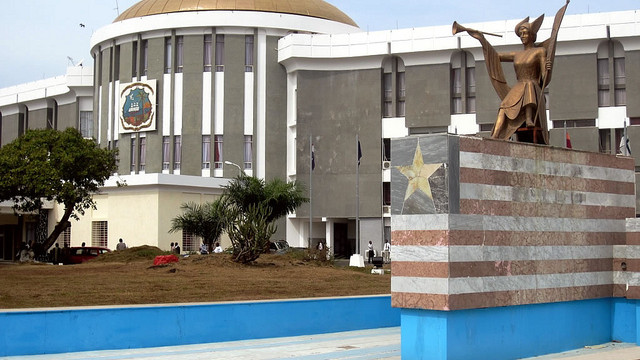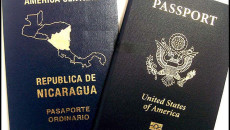One of the fundamental tenets of democratic governance enshrined in our republics is the empowerment of the citizenry to chart the course of their destiny by electing leaders who are accountable to them.
Among the tools available to citizens to keep those elected officials in check is the recall election. This process affords voters the power to remove an elected official or representative through a direct vote even before his or her term is over, for nonperformance or incompetence.
This tool is still being used today in some democracies around the world with reasonable success. Among few of those countries that have some form of recall election are Germany, Venezuela, Nigeria, and the US.
Although recall election is not allowed at the federal level in the US, it is mostly at the state level in eighteen states. Unfortunately, it seems the Liberian constitution, which is largely modeled after the US constitutional framework, is silent on this subject.

Polling staff during the 2011 referendum in the Sinkor neighborhood of Monrovia. Photo: Brittany Danisch
Should electoral recall be a part of our democratic process? I think a resounding yes is fitting. And here is why, given the persistent betrayal of trust by our leaders.
Throughout its 167 years of independence, leaders of Africa’s oldest nation have failed the country miserably, for the most part. This tiny but resource-rich West African country has been grossly mismanaged by nearly every successive administration with impunity. Accountability has been placed at the bottom of the governance hierarchy.
It seems for the past fifteen plus years we’ve had nearly the majority of our elected officials being involved in corruption with impunity. As a result, citizens are growing impatient to the point of losing confidence in the entire system.
In our system of democracy, legislators are inherently supposed to engage and consult with their constituents periodically on issues that affect them, but they hardly visit their constituencies once the election is over. The Nordic Africa News carried a headline of criticism from former US Ambassador to Liberia, Linda Thomas Greenfield, which supports this assertion.
The only time elected officials engage their constituents is during election season. Even then, it is done deceptively. They would only return to their constituencies with empty campaign promises and few bags of rice to bribe very gullible voters.
Their daily operations become one of self-aggrandizement and no longer about the people that voted them in office; elected officials become lords while the electorates become their subjects and subservient. Laws on the books are either being cooked or enforced selectively to the benefit of elected officials and detriment to the country and its citizenry.
This charade of governance cannot continue in perpetuity if we desire to build and sustain a thriving democracy. The structure of our democracy is meant for the three branches of government to balance each other out with oversight responsibilities. However, sadly that is not the case, and so citizens have the moral responsibility to save the day, but how?
A recall election is one of the last, but useful tools citizens can have at their disposal. It has the potential to be used wisely to their advantage to rein in corrupt or dysfunctional elected officials, especially since the government has no desire or moral fortitude to sincerely police itself.
Think about it for a minute. An elected official who is aware that he or she can be voted out of office anytime is highly likely to be effective in carrying out the duties of the elected office. Those leaders will genuinely engage their constituents regularly on real issues rather than the superficial. The fear will drive them that they could be removed from office if their competencies and honesty are called into question.
There are those who might arguably reject recall election for fear that it might create weak and ineffective leaders, or perhaps, undermines the independence of elected officials. The elected official might be afraid to take unpopular positions that would otherwise benefit the nation. My response to that is the opposite; it would create strong and responsive leaders.
The recall can be structured not to compromise the independence of elected officials, but to weed out those that compromise their elected offices. One thing our elected representatives must be cognizant of is that they work for the voters. As such, they are accountable to them. What better way to ensure this than for the electorate to act as an oversight body?
I am convinced that the thought of a recall election would keep our elected representatives alert, honest to some degree, engaged with constituents and responsive to their plights. All this would make them competent in their legislative duties, as opposed to the current inconspicuous dealings that go on.
This is a useful tool that voters could use to bring about some sanity in government. It would indeed make sense to amend the constitution with a recall election provision as part of the ongoing review process.
As we stand today, the citizenry has no immediate means of redress or holding their elected representatives accountable until elections. By then, the damage would have already been done.
Recall election should only be triggered by petitioned signatures from the majority of the voters that took part in the election that elected the representatives in the previous election. This would protect the office against the frivolous campaign to remove an elected official. If the majority of the elected official’s constituents that voted in the last election vote to remove him or her from office, then that result must stand.
The mechanism to address such concern should be handled within the framework of the constitution, but the process and procedures need to be methodical to avoid turning it into a circus. The number of signatures required to force a recall vote or signatures verification should all be addressed in the preceding mechanism.
If the essence of our democracy is giving power to the electorates, then certainly amending the constitution to incorporate recall election provision is a warranted and noble calling. The recall election, without a shadow of a doubt, will rein in the corrupt and dysfunctional elected officials. Perhaps this could be the only hope to ensure a thriving democracy, one in which voters can finally exercise some level of trust in government.
Featured image courtesy of United Nations Photo






Thinks for saying that. But with those law makers that are know for braking laws will not allow it to happened.
As for me,I’m from twah Twah river district in Nimba county.
Let me start By saying that, since 2011 election, we complained before the brother we send to represent us can pay a visit to us .Most often,the maximum time he stay with us is a day.But during the ellection,he stay about four days in a single town promising people things he will not do.
We are crying for a right to remove people we put in power.we put them in power without knowing their true horns.Allowing us to remove people that are under working is equavilent to correcting public mastickes & also serves as a warning to those in power.